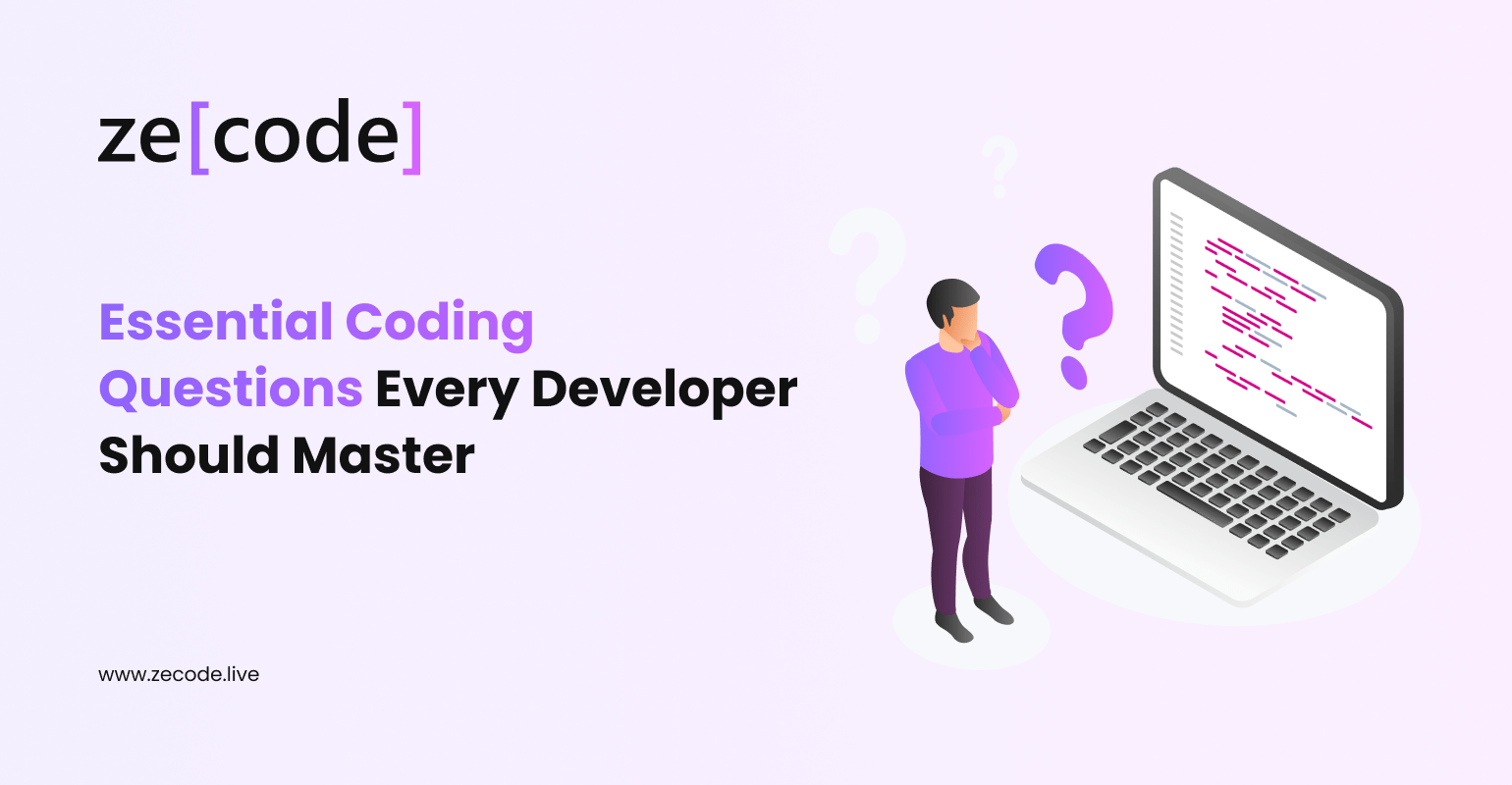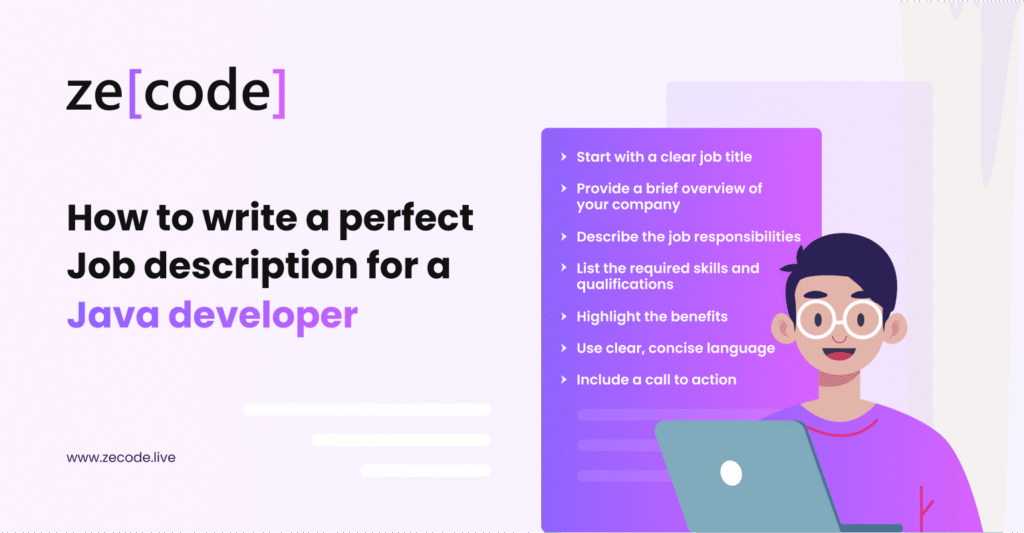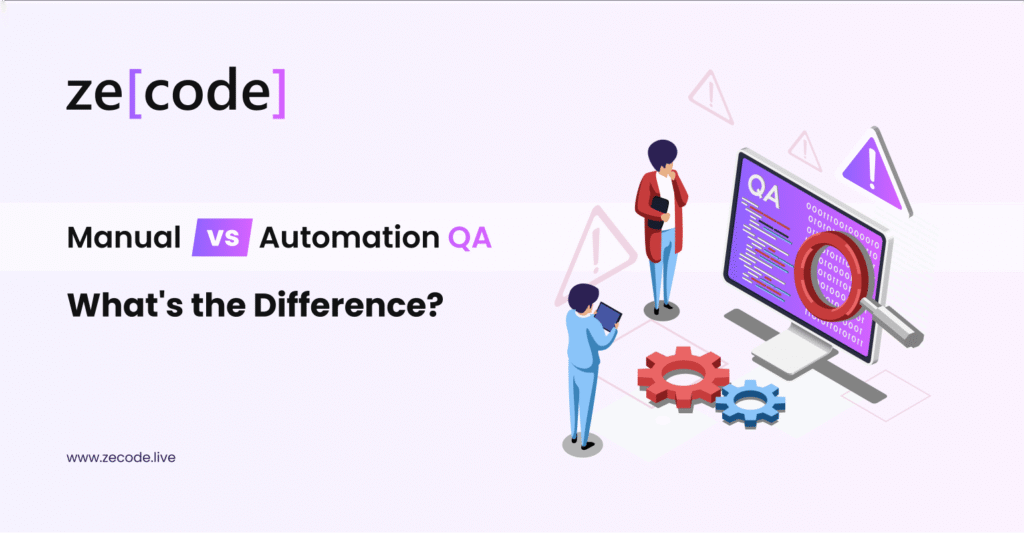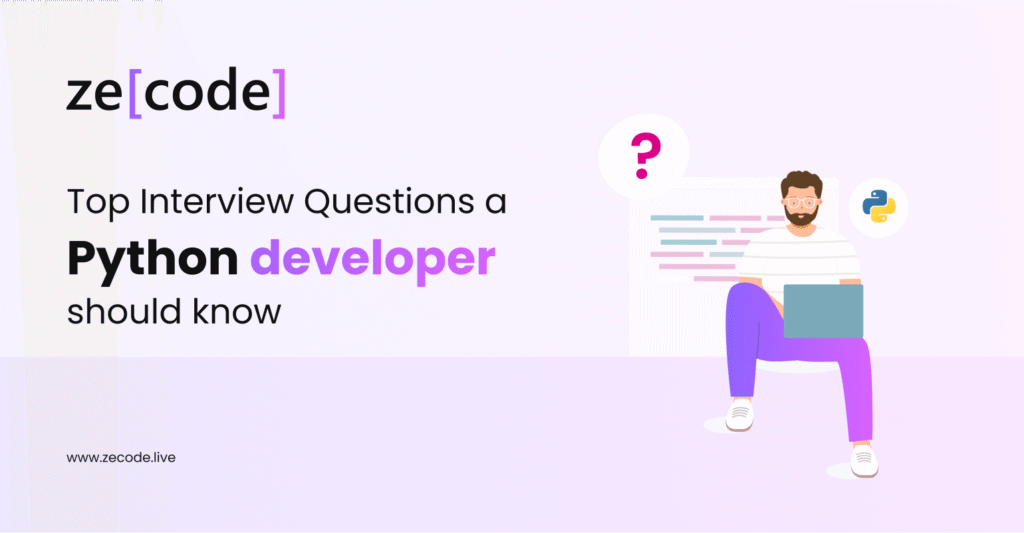Top Coding Questions Every Developer Should Know
Introduction
In today’s rapidly evolving digital landscape, coding skills are highly sought. Whether you’re an experienced developer or just starting your programming journey, it’s crucial to have a solid understanding of fundamental coding concepts. These concepts are often assessed through coding questions during interviews or assessments. This article will explore the top coding questions that every developer should know. Mastering these questions will enhance your problem-solving abilities and boost your chances of success in coding assessments and job interviews.
-
String Reversal
One of the most common coding questions involves reversing a string. This task tests your understanding of string manipulation and algorithmic thinking. You’ll need to implement a function that takes a string as input and returns the reversed version of that string. Practice this question to sharpen your understanding of arrays, loops, and string manipulation methods.
-
Palindrome Checker
A palindrome is a word, phrase, or sequence that reads the same backward as forward (e.g., “radar” or “level”). Implementing a palindrome checker involves checking whether a given string is a palindrome. This question assesses your knowledge of string manipulation, loops, and conditionals.
-
FizzBuzz
FizzBuzz is a classic coding question used to evaluate a candidate’s basic programming skills. The task is to print numbers from 1 to a given value, replacing multiples of 3 with “Fizz,” multiples of 5 with “Buzz,” and multiples of both with “FizzBuzz.” Solving this question demonstrates your understanding of loops, conditionals, and basic arithmetic operations.
-
Factorial Calculation
The factorial calculation is another essential coding question that evaluates your understanding of recursion. The task is to implement a function that calculates the factorial of a given number. This question tests your ability to break down a problem into smaller subproblems and solve them iteratively or recursively.
-
Binary Search
Binary search is a fundamental algorithm for efficiently searching elements in a sorted array. This question assesses your understanding of data structures and algorithms. You’ll need to implement a binary search function that returns the index of a given element in a sorted array or -1 if the element is not found. Mastery of binary search is crucial for efficient searching and understanding more advanced algorithms.
-
Two Sum
The two-sum problem is a popular coding question that tests your understanding of arrays and problem-solving techniques. Given an array of integers and a target value, the task is to find two numbers that add to the target. This question evaluates your ability to use data structures effectively and solve problems using techniques such as hashing or the two-pointer approach.
-
Reverse Linked List
Implementing a function that reverses a singly linked list is a common coding question that tests your understanding of linked lists and pointer manipulation. You’ll need to modify the pointers of the nodes in the list to reverse the order. Mastering this question demonstrates your proficiency in working with linked data structures.
-
Fibonacci Series
Implement a function that generates the Fibonacci series to a given number ‘n.’ The Fibonacci series is a sequence of numbers in which each is the sum of the two preceding ones.
-
Anagram Checker
An anagram is a word or phrase formed by rearranging the letters of another word or phrase. Write a function that checks whether two strings are anagrams of each other. The function should return true if the strings are anagrams and false otherwise.
-
Largest Subarray Sum
Given an array of integers, find the contiguous subarray with the largest sum. Implement a function that returns the maximum sum of a subarray.
-
Counting Elements
Write a function that takes an array of integers as input and returns the count of distinct elements in the array. The function should efficiently handle large input arrays.
-
Stack Implementation
Implement a stack data structure from scratch. The stack should support standard operations such as push, pop, and peek.
-
Queue Implementation
Implement a queue data structure from scratch. The queue should support enqueue, dequeue, and peek operations.
-
Matrix Transposition
Write a function that transposes a given square matrix in place. A matrix transposition swaps the elements’ rows with their corresponding columns.
-
Longest Common Subsequence
Given two strings, find the length of the longest subsequence that is common to both strings. The subsequence does not have to occupy consecutive positions within the original strings.
-
Depth-First Search (DFS)
Implement a depth-first search (DFS) algorithm to traverse a graph. The DFS algorithm should visit each vertex in the graph exactly once and print the order in which the vertices are visited.
-
Breadth-First Search (BFS)
Implement a breadth-first search (BFS) algorithm to traverse a graph. The BFS algorithm should visit each vertex in the graph exactly once and print the order in which the vertices are visited.
-
Merge Sort
Implement the merge sort algorithm to sort an array of integers in ascending order. The merge sort algorithm follows the divide-and-conquer approach.
-
Binary Tree Traversal
Implement the three common binary tree traversal algorithms: pre-order, in-order, and post-order. These algorithms traverse the nodes of a binary tree in different orders.
-
Dijkstra’s Algorithm
Implement Dijkstra’s algorithm to find the shortest path between two vertices in a weighted graph. The algorithm should return the shortest path distance and the path itself.
Conclusion
This article explored some essential coding questions that every developer should know. By familiarizing yourself with these questions and practicing their solutions, you’ll strengthen your problem-solving skills, gain a deeper understanding of fundamental coding concepts, and enhance your performance in coding assessments and interviews. Remember, coding questions are about finding the correct solution and demonstrating your ability to think critically and write clean, efficient code. With practice and persistence, you’ll be well-prepared to tackle coding challenges confidently.



